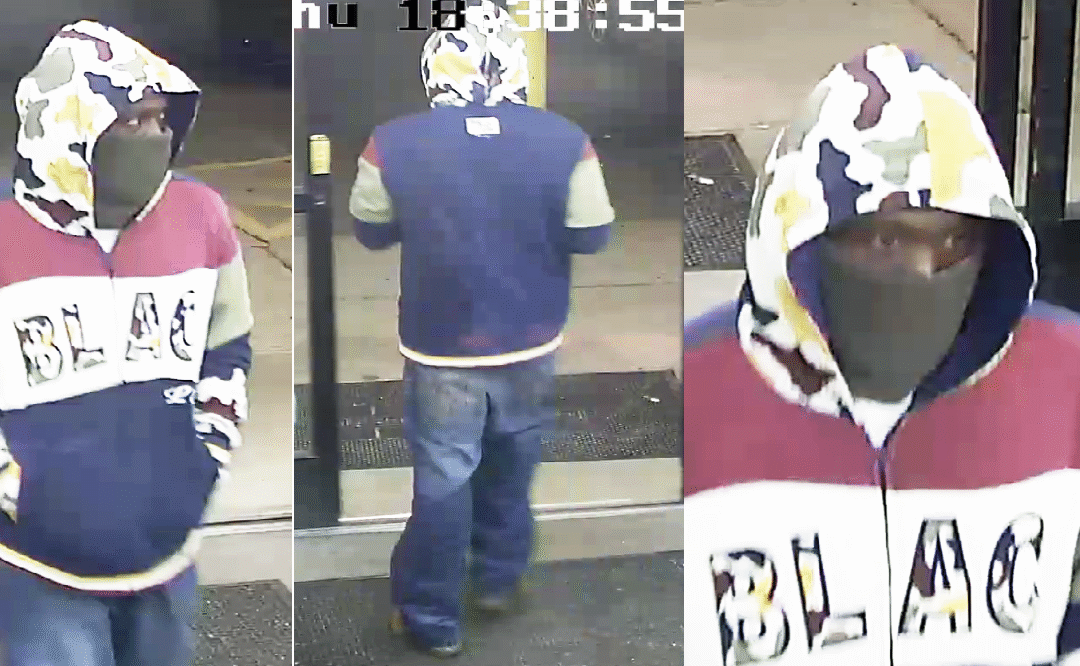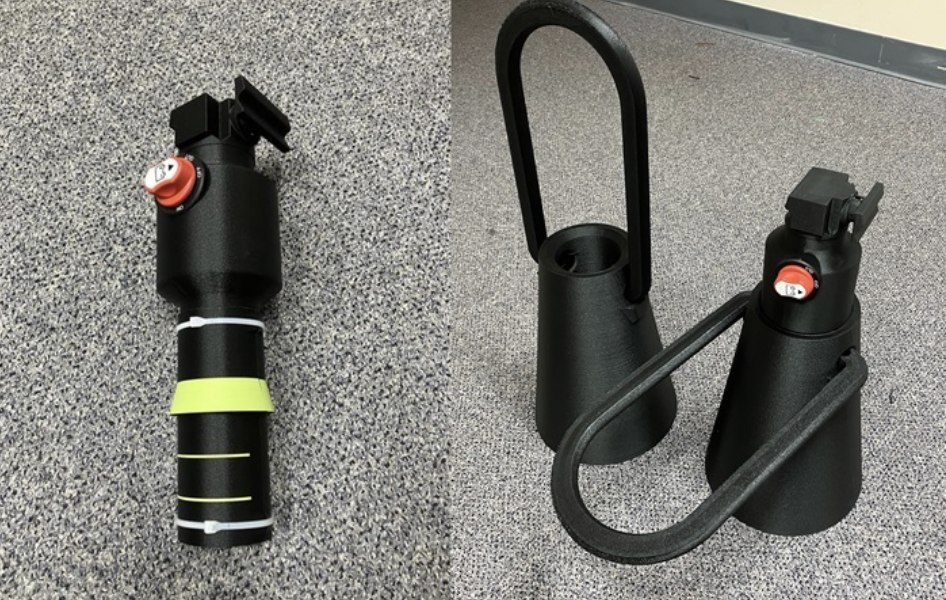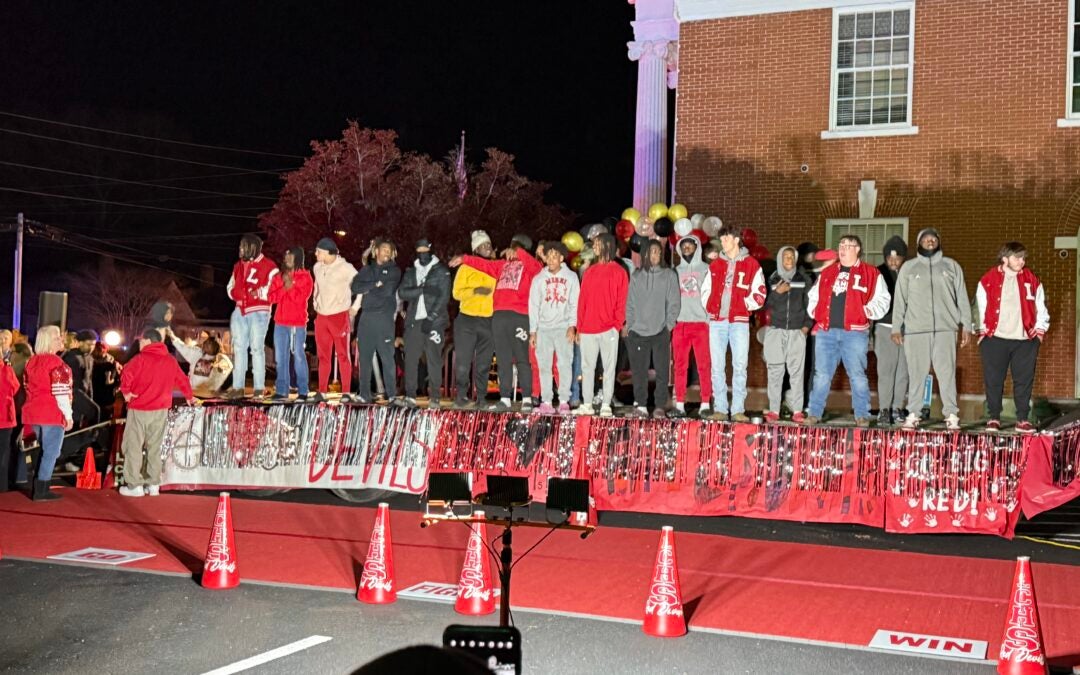A few short weeks ago it was announced that the groundbreaking for Premier Estates had taken place on Brown Road. It will be a gated community of 100 single family homes at supposed market rates.
Sound good so far? At least for some home seekers it does but, not for everyone. As soon as the news of this endeavor became public, the “Wannas” were quick to be heard from in unison.
We “wanna” grocery store. We “wanna” full service sit down restaurant. We “wanna” upscale department store. Well, to put it as politely as I can, the “wannas” are going to have to keep on a wantin’ for awhile longer. Like, a long time longer.
Both commissioners Wayne Guilfoyle and Brandon Garrett explained that the rooftops had to come before any businesses would be attracted to the vicinity.
Brown Road is a long stretch of road that connects Mike Padget highway and Peach Orchard Road. While there are hundreds of homes and families living in the area, shopping is pretty much a limited service.
Now the “wannas” state that they are living in a food desert. My first though was, “didn’t they know that no grocery stores were in the area when they moved there?” Second, it reminded me of a conversation I had with a resident a couple of years ago. She, too, was complaining about living in a food desert.
When asked how far away her house was from the nearest grocery store, her reply was, about a mile and a half. I also learned from her that the school her children attended was three miles from her house. This made me wonder why she didn’t consider that she must also live in a school desert.
What does define a food desert?
The USDA defines a food desert as a tract in which there are at least 100 households that are located more than one-half mile from the nearest supermarket and have no vehicular access.
Just think about that statement for a moment. Doesn’t this sound unrealistic in reality? That’s a government department making that statement, and people wonder why this country is going to pot in a tote sack.
The national government can’t account for where all of its $5,000 hammers and toilet seats went, and now they want to define a food desert.
Whether a person agrees with the aforementioned definition is one’s choice and individual thinking. One sure way of never having a chance to get a grocery store in an area is to keep building dollar stores and discount stores in the area.
No, these stores don’t sell the fresh fruit and produce, so many people complain of not having access to food all the while holding a bag full of fast food.
Folks, a grocery store is never going to compete with the low prices of certain items carried in the dollar and discount stores. These items include cleaning supplies, cosmetics, some medicines, paper products, school supplies, party supplies, chips and dips, some canned and frozen foods. See where this is going?
The elected officials vote to approve these stores in an area. In their dim-sighted eyes, it means growth. It means more tax dollars coming into the city coffers for them to squander and spend foolishly.
In reality, there is no excuse for anyone any longer to not have access to the fresh fruit and vegetables they seem to be in desperate need of (not bemoaning that fact, but have you ever been nosey and looked into another’s cart in the grocery store? You might guess those needed fruits and vegetables were hiding under the boxes of sugar-laced cereals, soft drinks, chips, candy, baked goods and ice cream.)
Before a store considers building in a new location, a market survey will be taken. That study will gather information such as the number of households in the area. The medium household income, the crime rate, suitable infrastructure and space availability are all taken into consideration; but always know that the business is there for their bottom-line profit.
These companies may all say, “to serve the community,” but if the community doesn’t serve their bottom profit line they will be goneeeeeeeeeee!
There are ways to overcome not having a grocery store in a neighborhood.
Some stores can be reached by taking a bus. A prime example is that many people living in the Harrisburg area take a bus to Washington Road and Alexander Drive. There, the bus stops on Alexander Drive in front of two grocery stores and picks you back up. At that location, you also have a number of sit down restaurants to choose from. It may not be an ideal solution, but it is an option.
Another option is to buy your groceries online from a number of big chain grocery stores and have them delivered to your front door. Look and choose your store and options.
Of course, you won’t get a loaf of bread and a six-pack delivered to you. It has to be an order of at least $35.00 from most stores, but many stores have no fee for providing delivery. If you are willing to spend $20 to get a Big Mac to your door, you can be willing to grocery shop online.
That pretty much solves the problem, and the government didn’t solve it, evil capitalists did. We all now know that food is just a phone call or a mouse click away.
The bigger issue may be one of food insecurity. This occurs when food is unavailable or too expensive to purchase. This happens often when a retired person is on a fixed income but does not qualify for assistance. Another reason is when someone works but makes just enough money not to qualify for any assistance, an issue that really needs to be addressed.
Everyone please have a safe and enjoyable holiday while remembering those that gave all so that you can have a safe and enjoyable holiday.












